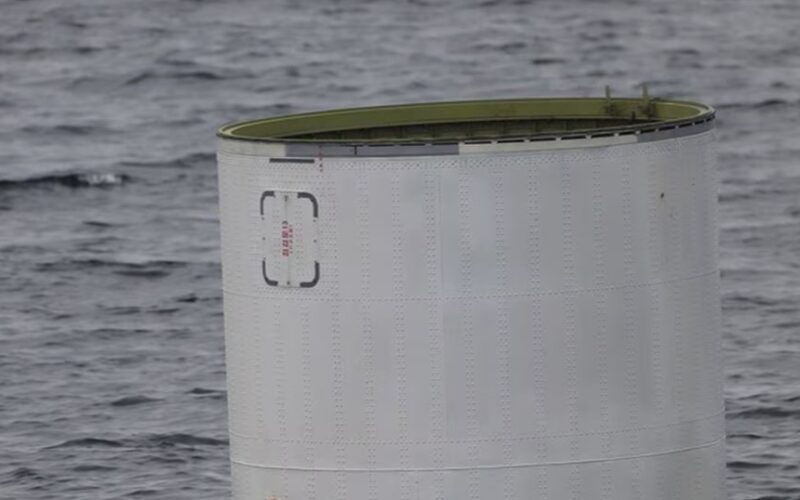North Korea’s attempt to launch its first spy satellite, the Malligyong-1, ended in failure after its newly developed rocket, Chollima-1, crashed into the sea off the west coast of the Korean Peninsula on May 31, 2023.
The Korean Central News Agency (KCNA), the state news agency of North Korea, reported the failure, which is unusual for Kim Jong-un’s regime, and revealed that it was caused by an abnormality in the second-stage engine.
The country’s National Aerospace Development Administration (NADA) declared it will conduct another launch as soon as possible.
Escalated tensions in the region triggered South Korea and Japan to issue emergency warnings with Seoul urging residents to prepare for evacuation. Southwestern Japan activated the J-Aler missile danger signal for approximately 30 minutes. Both alerts were later lifted.
Responding to the event, officials from the United States, Japan, and South Korea held an urgent telephone call, where the launch was strongly condemned because the ballistic missile technology used violated United Nations Security Council (UNSC) resolutions.
South Korea and Japan have ramped up monitoring for possible further launches “with a high sense of alertness,” the Japanese Foreign Affairs Ministry said.
Additionally, the US pledged to take “all necessary measures” to protect America and its allies.
US and South Korean militaries are currently participating in large-scale exercises held near the North Korean border, which the authoritarian state views as rehearsals for invasion.
A statement published by the KCNA said that North Korea had plans to launch a military spy satellite between May 31 and June 11, 2023, announcing it is “indispensable to tracking, monitoring, discriminating, controlling and coping with … the dangerous military acts of the US and its vassal forces.”
According to an NSC spokesperson, the US remains open to diplomatic discussions, but North Korea must stop its provocative actions and choose engagement. Moreover, the US urged North Korea to return to negotiations on denuclearization, which have been stalled since 2019.
Despite UNSC sanctions prohibiting North Korea from conducting long-range and ballistic missile tests, the country has repeatedly violated these restrictions, including last month when it claimed to have tested a solid-fuel intercontinental ballistic missile for the first time. The country is also thought to be preparing for its seventh nuclear test.

